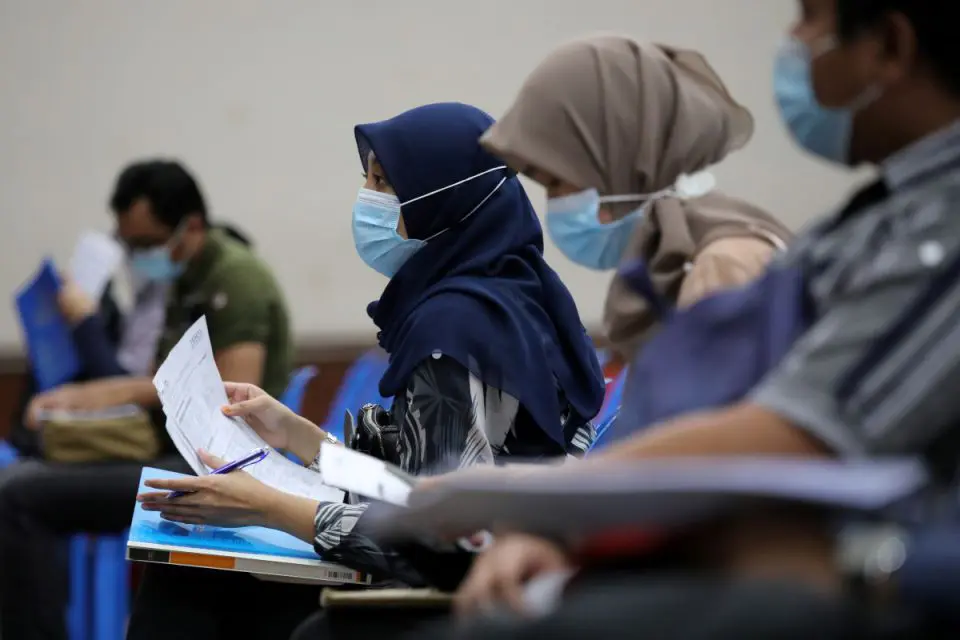BANGKOK, Dec 15 — Some 81 million jobs are lost from the Asia-Pacific labour markets as a result of the Covid-19 pandemic while women and young people are disproportionately hit, according to a report by the International Labour Organisation (ILO).
The report on “Asia–Pacific Employment and Social Outlook 2020 (APESO 2020): Navigating the crisis towards a human-centred future of work” said overall working hours in Asia and the Pacific decreased by an estimated 15.2 per cent in the second quarter and by 10.7 per cent in the third quarter of 2020, relative to pre-crisis levels.
The report said labour income was estimated to have fallen by as much as 10 per cent in the Asia-Pacific region in the first three quarters of 2020, equivalent to a three per cent loss in Gross Domestic Product.
“According to preliminary estimates, in absolute numbers, an additional 22 million to 25 million persons could fall into working poverty, which would push the total number of working poor (living on less than US$1.90 a day) in the Asia-Pacific region to between 94 million and 98 million in 2020,” it said.
The report said working-hour losses were also influenced by the millions of people moving outside the labour force or into unemployment as job creation in the region collapsed.
“It is estimated that the regional unemployment rate could increase from 4.4 per cent in 2019 to somewhere between 5.2 per cent and 5.7 per cent in 2020,” it said.
ILO assistant director-general and regional director for Asia and the Pacific, Chihoko Asada Miyakawa, said Covid-19 had inflicted a hammer-blow on the region’s labour markets, one that few governments in the region stood ready to handle.
“Low levels of social security coverage and limited institutional capacity in many countries have made it difficult to help enterprises and workers back on their feet, a situation compounded when large numbers remain in the informal economy,” she said.
The report said most countries in the region saw a larger decline in working hours and employment for women than men.
It said women were more likely to move into inactivity than men while young people had also been especially affected by working-hour and job losses. The youth share in overall employment loss was three to 18 times higher than their share in total employment.
Sara Elder, senior economist at the ILO regional office for Asia and the Pacific and lead author of the report, said the report showed a clear picture of young people and women being pushed out of work compared to other workers.
“With increased unemployment, young workers are likely to find it difficult to compete for new jobs. When they do find work, it may well be a job that does not match their aspirations. Millions of women have also paid a high price and it could take years for those who have exited the labour force to return to full employment,” she said.
— Bernama





